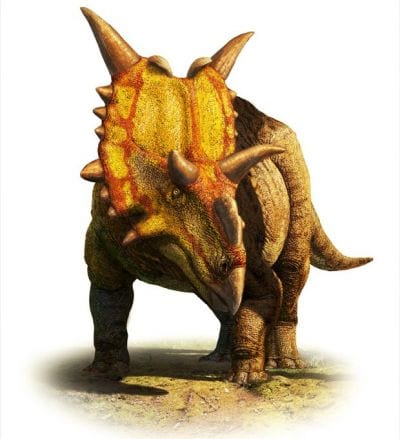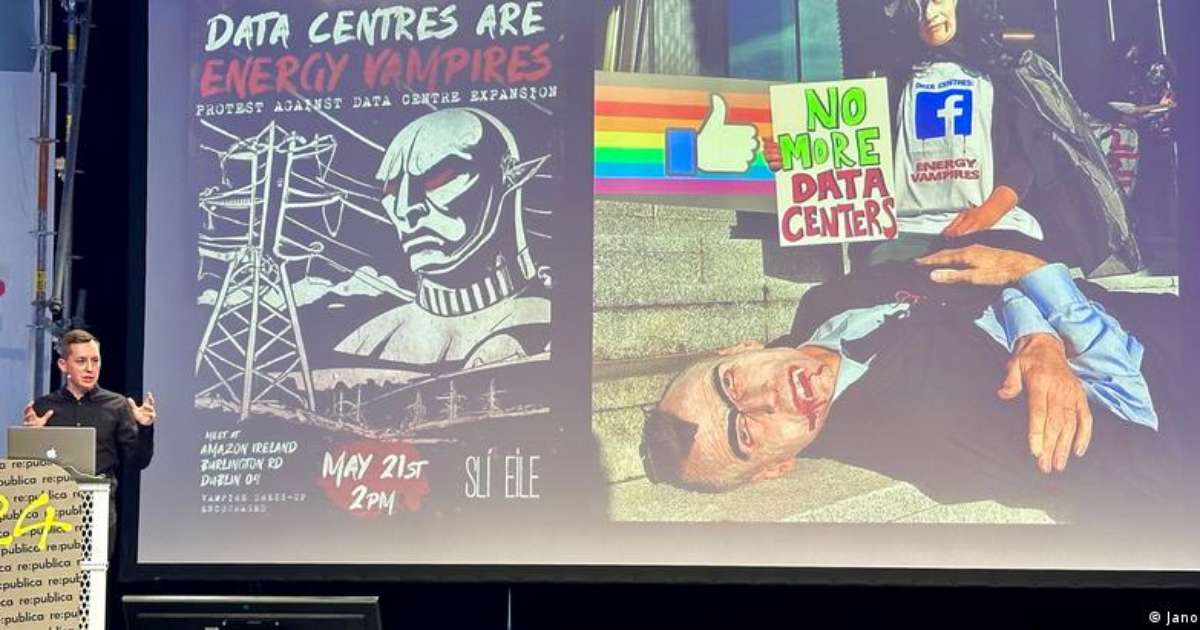Until recently, Dean Meadowcroft was a copywriter in a small marketing department.
Her duties included writing press releases, social media posts, and other content for the company.
However, late last year, the company introduced an artificial intelligence (AI) system.
“At the time, the idea was to work with human editors to speed up the process, make things a little simpler,” he explains.
Meadowcroft was not particularly impressed with the work of artificial intelligence.
“It kind of made it seem like everyone was on the same level, on the fence, and exactly the same, and so no one really stood out.”
The content also had to be checked by a human team to ensure it hadn’t been taken from elsewhere.
But artificial intelligence was quick. What might take a human writer 60 to 90 minutes to write, AI could do in 10 minutes or less.
About four months after the technology was introduced, Meadowcroft’s four-person team was laid off.
Meadowcroft isn’t sure, but he’s almost certain the AI replaced them.
“I laughed at the idea that AI could replace writers or affect my work, until it happened,” he says.
The latest wave of artificial intelligence happened late last year, when OpenAI launched ChatGPT.
Backed by Microsoft, ChatGPT can give human answers to questions and can, in minutes, generate essays, speeches and even recipes.
Other big tech companies are also introducing their own systems – Google, for example, launched Bard in March.
Although not perfect, these systems are trained to search the ocean of data available on the Internet for a quantity of information that is impossible for even a human team to digest.
So many people are wondering what types of jobs could be at risk.
Earlier this year, a Goldman Sachs report indicated that artificial intelligence could potentially replace the equivalent of 300 million full-time jobs.
Job losses would not occur equally across all sectors of the economy.
According to the report, 46% of administrative tasks and 44% of legal professions could be automated, but only 6% in construction and 4% in maintenance.
The report also states that the introduction of artificial intelligence could increase productivity and growth and generate new jobs.
There is already evidence of this.
In June, IKEA said that since 2021 it had trained 8,500 employees working in its call centers as design consultants.
The company says 47% of customer calls are now answered by an artificial intelligence called Billie.
Even though IKEA does not anticipate any job losses as a result of the use of artificial intelligence, these developments worry many people.
A recent survey by the Boston Consulting Group (BCG), which polled 12,000 workers worldwide, found that a third of them were worried about the possibility of being replaced by artificial intelligence at work – and frontline staff were more worried than managers.
BCG’s Jessica Apotheker says part of this is due to fear of the unknown.
“When we look at leaders and managers, more than 80% of them use artificial intelligence at least once a week. When we look at frontline staff, this figure drops to 20%. Lack of familiarity with technology creates a lot more anxiety and worry for them regarding the results.
But there may be good reason to worry.
For three months last year, Alejandro Graue did voiceover work for a popular YouTube channel.
This seemed like a promising type of job, all English content on the channel was to be dubbed into Spanish.
Graue went on vacation at the end of last year, confident there would be work when he returned.
“I was counting on this money to live. I have two daughters, so I need money,” he says.
But, to his surprise, before returning to work, the YouTube channel published a new video in Spanish that he had not worked on.
“When I clicked on the video, what I heard was not my voice, but a voice generated by artificial intelligence, very poorly synchronized dubbing. It was terrible. And I was like : What is this? Is this going to be my new colleague in the channel? Or are you going to replace me?”, he remembers.
A phone call to the studio where he worked confirmed the worst. The client wanted to try artificial intelligence because it was cheaper and faster.
The experiment proved to be a failure.
Viewers complained about the quality of the dubbing, and the channel eventually removed videos containing the AI-generated voice.
But Graue didn’t find this very comforting.
He believes technology will only get better and wonders where voice actors like him will end up.
“If this starts happening in all my jobs, what should I do? Should I buy a farm? I don’t know. What other job could I look for that won’t be replaced in the future as well? is very complicated,” he said.
If AI isn’t replacing your job, chances are you’ll need to start using it in some way.
After a few months of freelance work, former editor Dean Meadowcroft moved in a new direction.
He now works for an employee support company, which offers advice on wellbeing and mental health to teams.
Working with artificial intelligence is now part of your role.
“I think that’s where the future of artificial intelligence is, providing rapid access to human-directed content rather than completely eliminating that human aspect,” he says.
ChatGPT: how to use the robot on a daily basis

“Pop culture fan. Coffee expert. Bacon nerd. Infuriatingly humble communicator. Friendly gamer.”

:strip_icc()/i.s3.glbimg.com/v1/AUTH_59edd422c0c84a879bd37670ae4f538a/internal_photos/bs/2023/4/E/SCOh9SQieVnNRLziP5gw/3a59f340-1eed-11ee-8228-a3b10fcdff57.jpg)





